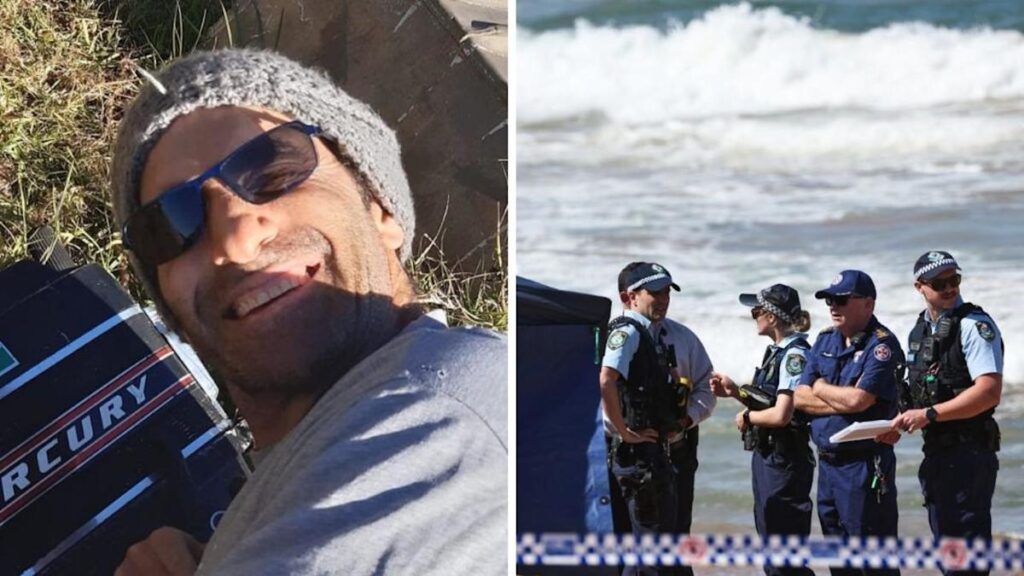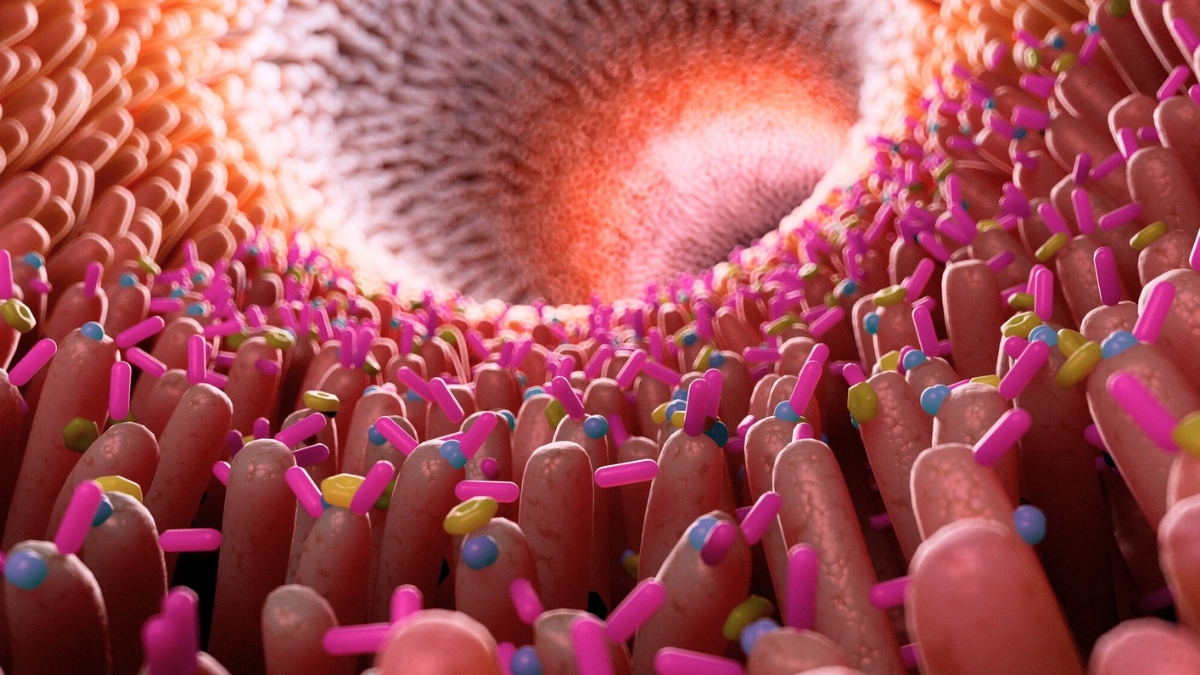
UPDATE: Following the tragic death of a surfer on October 14, 2023, the New South Wales (NSW) government has swiftly suspended a controversial trial aimed at reducing shark nets at various beaches. The decision comes after 57-year-old Mercury Psillakis was fatally attacked by a large shark near Long Reef Beach at Dee Why, reigniting fierce debates over beach safety measures and their environmental impacts.
The attack occurred around 10:00 AM on Saturday, with authorities confirming the shark involved was a white shark estimated to be between 3.4 meters and 3.6 meters long. Eyewitnesses report that Psillakis displayed heroism in his final moments, warning fellow surfers to evacuate the water before succumbing to his injuries. He leaves behind a wife and young daughter.
In response to this incident, Premier Chris Minns announced the immediate halt of the shark net removal trial until a thorough investigation by the Department of Primary Industries and Regional Development (DPI) is completed. This trial was initially aimed at assessing the efficacy of reducing shark nets, which had been deployed at 51 popular Sydney beaches just a week prior to the attack.
Long Reef and Dee Why beaches remain closed as safety assessments continue. Northern Beaches Mayor Sue Heins expressed support for the government’s investigation, emphasizing the need to prioritize community safety in the wake of this tragedy. “While the debate about shark nets is inevitable following the weekend’s tragedy, our focus remains on supporting our community,” she stated.
The incident marks Sydney’s second fatal shark attack since February 2022, when British diving instructor Simon Nellist was killed off Little Bay. Notably, Dee Why Beach had a shark net in place during Psillakis’s attack, while Long Reef is protected by drumlines instead. Local officials are now calling for a reevaluation of beach safety measures.
Central Coast councillor Jared Wright pointed out that attacks at netted beaches are rare and often attributed to luck rather than effective management. “We owe it to the family and the community to explore additional technologies to keep beachgoers safe,” he said.
Shark nets have been a longstanding method of shark control in Australia, but their effectiveness is hotly debated. Research indicates that shark bite rates do not differ significantly between netted and non-netted beaches. Environmental advocates argue that the nets pose a significant threat to marine life, capturing a wide range of non-target species. For example, during the 2024–25 summer, nets captured 233 animals, with only 24 being targeted sharks.
As the investigation unfolds, the NSW government is expected to reconsider its approach to shark control. Alternatives such as SMART drumlines, drone surveillance, and listening devices are being promoted as potentially safer methods. The government-funded SharkSmart app is also providing real-time alerts to beachgoers.
Authorities will keep Long Reef and Dee Why beaches closed while they assess the risk and gather data. “It’s obviously a terrible tragedy, and I need to work out what the next steps are,” Premier Minns noted. As the community grapples with this devastating loss, the urgent question remains: what measures can be taken to prevent future tragedies?
Stay tuned for updates as this story develops, and share your thoughts on social media using #SharkSafety.





